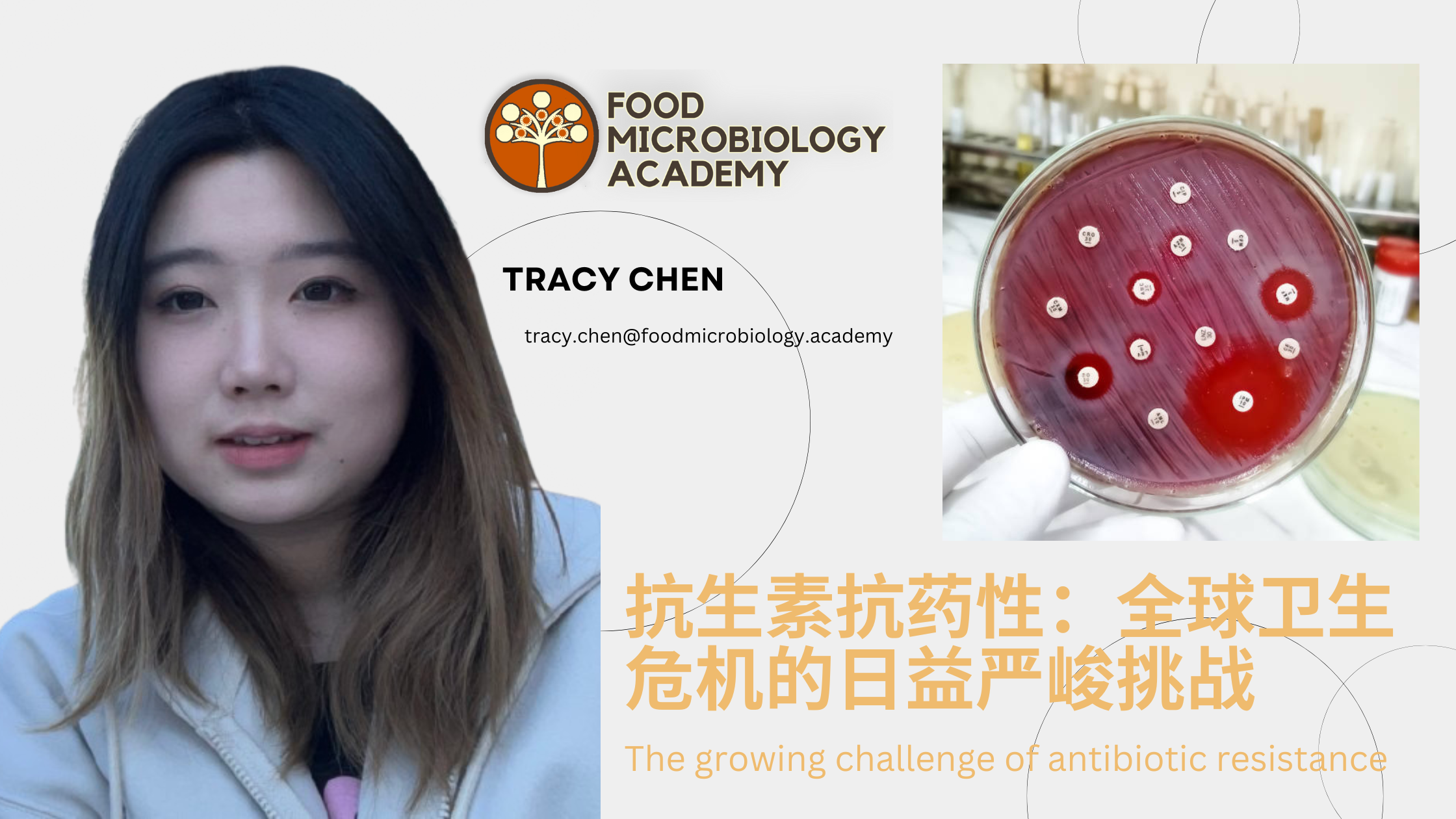抗生素抗药性已成为21世纪最严峻的公共卫生挑战之一。随着细菌的快速进化,常规抗生素的有效性正在减弱,这导致即使是最普通的感染也可能变得致命。这一现象已引起全球范围内的关注和行动紧急性。
了解抗生素抗药性
Antimicrobial resistance (who.int)
抗生素抗药性是指细菌对抗生素的改变,从而使抗生素变得无效。这种抗药性的细菌可能感染人类和动物,由它们引起的感染比非抗药性细菌引起的感染更难治疗。随着时间的推移,这种抗药性可以传播给其他细菌,形成一个更大的抗药性细菌群体。
抗药性机制
An overview of the antimicrobial resistance mechanisms of bacteria – PMC (nih.gov)
抗药性的形成通常是抗生素滥用和过度使用的直接后果。这包括在健康动物中大量使用抗生素以及为病毒感染(抗生素对此无效)开抗生素处方。每当人类使用抗生素时,敏感的细菌会被杀死,但可能会留下耐药的细菌繁殖和增加。反复和不当使用抗生素是导致细菌耐药性增加的主要原因之一。此外,环境中的抗生素残留也促使细菌进化出抗药性。
全球影响
据世界卫生组织(WHO)报道,抗生素抗药性导致医疗成本增加、住院时间延长及死亡率上升。这是一个全球性问题,越来越多的细菌感染,如结核病、沙门氏菌感染和肺炎,变得更难治疗。在某些地区,已经出现了几乎对所有已知抗生素均有抗药性的“超级细菌”。
Antimicrobial resistance (who.int)
应对抗生素抗药性的策略
- 合理使用抗生素:关键是仅在经认证的卫生专业人员开处方时使用抗生素,即使感觉好转也要完成全部治疗过程,绝不使用剩余的抗生素。
- 公众教育与意识提升:公众需要了解抗生素不是万能的,不适用于病毒感染如普通感冒或流感。
- 加强监管与政策支持:政府需制定更严格的抗生素使用规定,特别是在农业和畜牧业中的应用。
- 推动科研和新药开发:鼓励制药公司和科研机构开发新的抗生素和替代疗法,以应对耐药性不断增强的挑战。
- 实施抗生素管理计划:医院和诊所需要实施抗生素管理计划,合理调配和使用抗生素,以减少抗药性的发展。
结论
抗生素抗药性是一场需要全球协同合作的战斗。它不仅需要政府和卫生组织的介入,每个人都需参与其中,合理使用抗生素,以确保这一宝贵的医疗资源能够为未来的世代继续发挥效用。通过全球的共同努力,我们可以希望控制并最终克服这一危机。
The growing challenge of antibiotic resistance: A global health crisis
Antibiotic resistance has emerged as one of the most formidable public health challenges of the 21st century. With bacteria evolving at an alarming rate, the efficacy of conventional antibiotics is diminishing, making even the most routine infections potentially deadly. This phenomenon has garnered global attention and calls for urgent action.
Understanding antibiotic resistance
Antibiotic resistance refers to changes in bacteria that render antibiotics ineffective. These resistant bacteria can infect both humans and animals, and the infections they cause are more difficult to treat than those caused by non-resistant bacteria. Over time, this resistance can spread to other bacteria, creating a larger population of resistant microbes.
The mechanism behind resistance
The emergence of resistance is primarily a direct consequence of antibiotic misuse and overuse. This includes extensive use of antibiotics in healthy animals and the prescription of antibiotics for viral infections (against which they are ineffective). Each time a person takes antibiotics, sensitive bacteria are killed, but resistant germs may be left to grow and multiply. Repeated and improper use of antibiotics is one of the primary causes of increased bacterial resistance. Additionally, antibiotic residues in the environment also encourage bacteria to evolve resistance.
Global impact
According to the World Health Organization, antibiotic resistance leads to higher medical costs, prolonged hospital stays, and increased mortality. It is a global problem that is becoming increasingly dangerous as many bacterial infections such as tuberculosis, salmonellosis, and pneumonia are becoming harder to treat. In some regions, “superbugs” that are nearly resistant to all known antibiotics have emerged.
Strategies to combat antibiotic resistance
- Appropriate use of antibiotics: It is crucial to use antibiotics only when prescribed by a certified health professional, complete the full treatment course even if you feel better, and never use leftover antibiotics.
- Public education and awareness: The public needs to be aware that antibiotics are not cure-alls and are not effective against viral infections such as the common cold or influenza.
- Strengthened regulation and Policy Support: Governments need to enact stricter regulations on antibiotic use, especially in agriculture and livestock production.
- Promoting research and new drug development: Encouraging pharmaceutical companies and research institutions to develop new antibiotics and alternative therapies to meet the growing challenge of resistance.
- Implementing antibiotic stewardship programs: Hospitals and clinics need to implement stewardship programs to manage the use of antibiotics judiciously, reducing the development of resistance.
Conclusion
The battle against antibiotic resistance requires global cooperation. It demands involvement not just from governments and health organizations but from everyone. Proper antibiotic use is crucial to ensure that this valuable medical resource remains effective for future generations. Through collective global efforts, we can hope to control and ultimately overcome this crisis.



